Written by Brittany Dobrzynski*
 During the last weekend of January, NJ Audubon and USDA Natural Resources Conservation Services staff participated in the Northeast Organic Farming Association of New Jersey’s Winter Conference at Rutgers University. The conference spanned two days and offered a wide array of workshops for organic producers throughout the Garden state. Whether attendees were looking to learn more about the history of organic farming, carbon soil sequestration, small scale farm tools or soap making, there was a workshop to fit everyone’s interest.
During the last weekend of January, NJ Audubon and USDA Natural Resources Conservation Services staff participated in the Northeast Organic Farming Association of New Jersey’s Winter Conference at Rutgers University. The conference spanned two days and offered a wide array of workshops for organic producers throughout the Garden state. Whether attendees were looking to learn more about the history of organic farming, carbon soil sequestration, small scale farm tools or soap making, there was a workshop to fit everyone’s interest.
The lounge at the Douglas Student Center was packed with additional information, vendors and book sales to provide conference participants with many references to take with them. Keynote speaker Jean Martin Fortier amped up the crowd with his secrets to making a six figure income on a one-and-a-half-acre organic vegetable farm in Quebec, ALL WITHOUT THE USE OF A TRACTOR! You could feel the love in the room as he shared his stories of traveling the world to learn his adopted techniques, and tales of the two years he and his wife spent living on the land in a tee-pee when first starting out. I was fortunate enough to follow up with Jean Martin one-on-one and received a personal pep-talk after leaving a workshop titled “Starting the Farm from Scratch” on the last session of the first day. I even got an autographed copy of his book “The Market Gardener” which I am already halfway through reading.
I was joined by a number of familiar faces throughout the day; my colleagues with the USDA’s Natural Resources Conservation Service (NRCS) manned a table in the lounge, spreading the good word on programs offered to benefit these local organic producers. Organic champion and NRCS District Conservationist Nicole Ciccaglione attended as I joined NRCS District Conservationist John Kluthe in two sessions of panel discussions on USDA funding. These panels included representatives from the Farm Service Agency and Rural Development as well. John described NRCS’ history, originating from the Soil Conservation Service in the Dust Bowl days to today. He shared one of my favorite tales of founder Hugh Hammond Bennett’s impeccable timing appealing to Congress for continued funding for the Soil Conservation Service as a dust storm entered the windows of the Congress. While the dust settled in, covering desks and paperwork in a fine silt, they unanimously agreed to continue funding the Service. Kluthe detailed the conservation planning process that begins with identifying problems and opportunities and results in implementation of a well-formulated Conservation Plan, all with the help of experts on staff.
was joined by a number of familiar faces throughout the day; my colleagues with the USDA’s Natural Resources Conservation Service (NRCS) manned a table in the lounge, spreading the good word on programs offered to benefit these local organic producers. Organic champion and NRCS District Conservationist Nicole Ciccaglione attended as I joined NRCS District Conservationist John Kluthe in two sessions of panel discussions on USDA funding. These panels included representatives from the Farm Service Agency and Rural Development as well. John described NRCS’ history, originating from the Soil Conservation Service in the Dust Bowl days to today. He shared one of my favorite tales of founder Hugh Hammond Bennett’s impeccable timing appealing to Congress for continued funding for the Soil Conservation Service as a dust storm entered the windows of the Congress. While the dust settled in, covering desks and paperwork in a fine silt, they unanimously agreed to continue funding the Service. Kluthe detailed the conservation planning process that begins with identifying problems and opportunities and results in implementation of a well-formulated Conservation Plan, all with the help of experts on staff.
Farm Service Agency staff presented on the many loan programs available to producers. From business start-up costs to cold storage facilities, the Farm Service Agency has a low interest loan program for just about any materials, equipment and facilities aiding in operations on a farm.
Rural Development program staff offered details on their loans and grant services. These are available to farmers, non-profits, businesses and individuals, not just ag producers. They offer loans for things like expanding small businesses, mortgages, and expanding use of renewable energy.
 New Jersey Audubon staff presented on programs available through the Delaware River Watershed Initiative. In southern New Jersey, agricultural best management practices for soil and water conservation are subsidized through New Jersey Audubon’s Healthy Land and Waters Grant program. Producers farming within certain focal areas of the Kirkwood Cohansey Aquifer are eligible to participate. Those areas include residents in the Upper Salem Watershed, Maurice and Upper Cohansey, Greater Hammonton area and West Cape May Penninsula.
New Jersey Audubon staff presented on programs available through the Delaware River Watershed Initiative. In southern New Jersey, agricultural best management practices for soil and water conservation are subsidized through New Jersey Audubon’s Healthy Land and Waters Grant program. Producers farming within certain focal areas of the Kirkwood Cohansey Aquifer are eligible to participate. Those areas include residents in the Upper Salem Watershed, Maurice and Upper Cohansey, Greater Hammonton area and West Cape May Penninsula.
In the northern New Jersey, Audubon offers assistance by technical assistance and materials for restoration projects within the Northern Lopatcong, Lower Musconetcong and Paulinskill watersheds. Materials include, but are not limited to, seed, live stakes, whips, tree and shrub seedlings, even ball and burlap trees. The NJ Audubon programs are made possible thanks to financial support from the William Penn Foundation and National Fish and Wildlife Foundation.
For more information on these New Jersey Audubon programs through the Delaware River Watershed Initiative, please contact Brittany Dobrzynski at 609-400-3826 or [email protected].
I would like to extend a big thanks to the Northeast Organic Farming Association of New Jersey for putting on such a wonderful conference. It is always truly inspiring to meet with so many partner agencies from throughout the state all in one spot and makes me proud to be a member of this agricultural community. Until next year!
* Brittany Dobrzynski is Stewardship Specialist with New Jersey Audubon and is currently working through a cooperative agreement as a Natural Resources Conservation Service Partner Employee.
Photos by Nicole Ciccaglione, District Conservationist





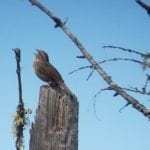
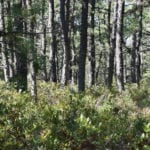
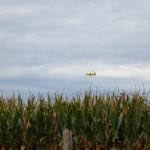
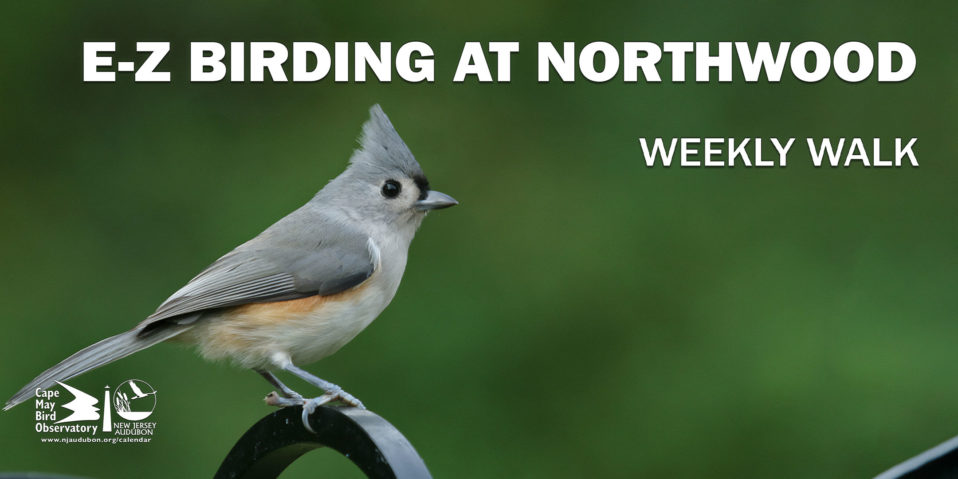
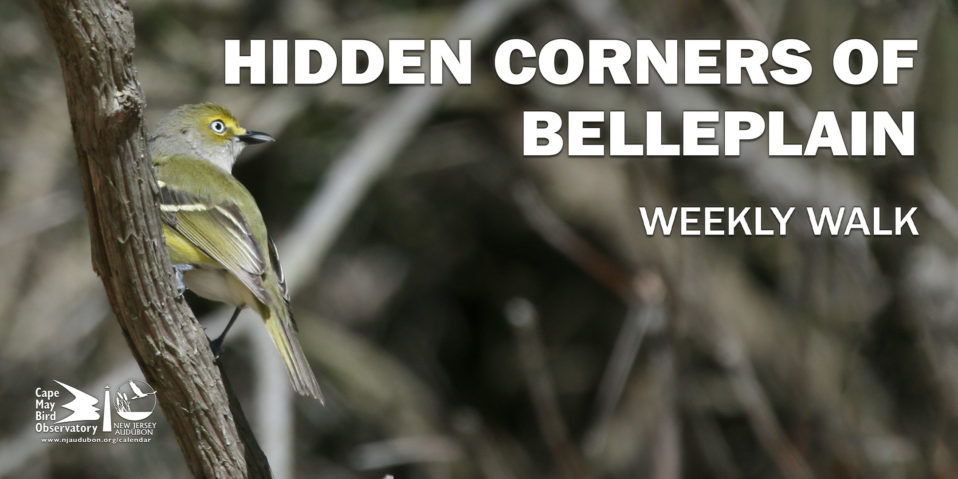
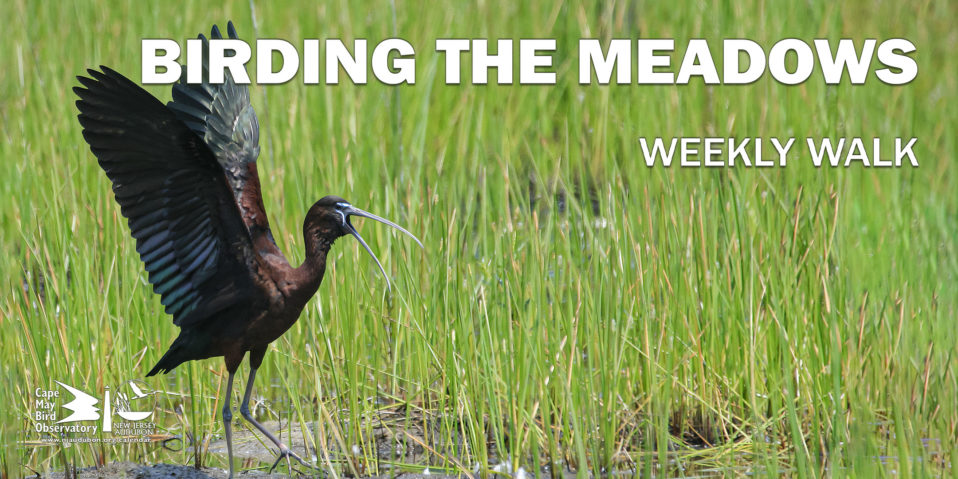
Post a comment